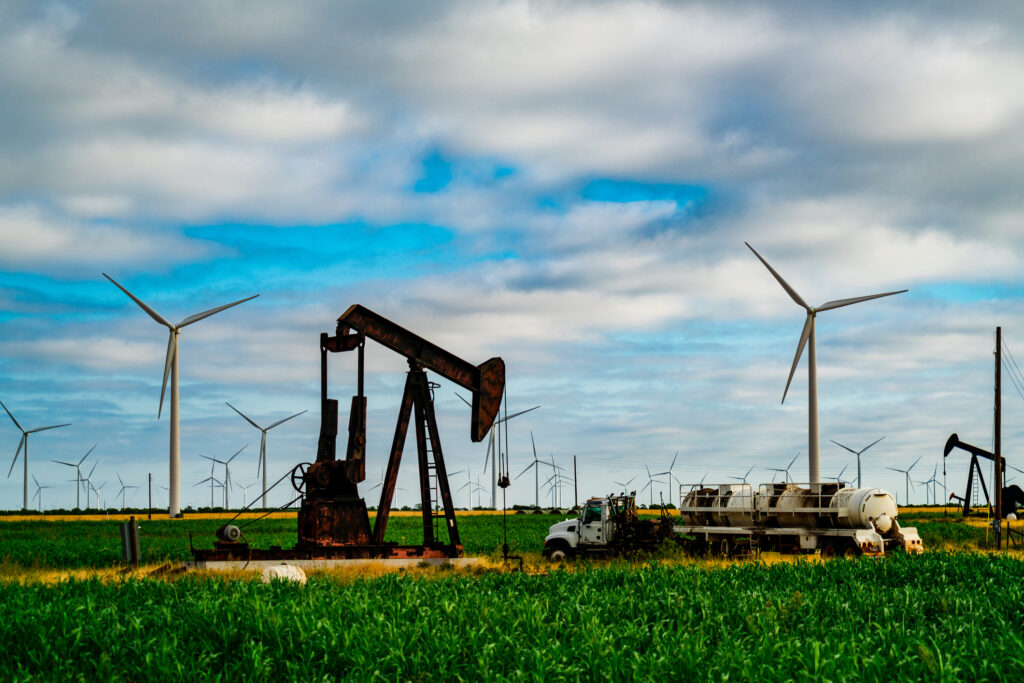(Oil Price)– Over the past decade, the Gulf Cooperation Council (GCC), comprising Saudi Arabia, Qatar, the UAE, Bahrain, Kuwait, and Oman, has advanced bold strategies to reshape its economies by reducing reliance on oil while developing new sectors like renewable energy, tourism, financial services, and digital innovation. Charting a course toward long-term economic resilience, these nations have launched sweeping infrastructure projects and enacted reforms designed to attract foreign investment. And it has worked swimmingly, so far.
During his May 2025 tour of Riyadh, Doha, and Abu Dhabi, U.S. President Donald Trump announced investment pledges totaling over $2 trillion, according to the White House, while some outlets, such as Al Monitor, reported figures nearing $3.2 trillion. These announcements included roughly $600 billion from Saudi Arabia, $1.2 trillion from the UAE, and $1.4 trillion from Qatar, though most remain at the memorandum-of-understanding stage.
Meanwhile, the Trump administration’s “Liberation Day” tariff, a baseline 10% customs duty on imports from all countries, including the GCC, has posed a modest headwind for regional exporters.
Nonetheless, GCC states have responded proactively by deepening U.S. economic ties, scaling up their AI and data infrastructure, and doubling down on non-oil growth strategies—efforts that underscore their determination to build more diversified, stable, and climate-aligned economies.
These diversification efforts, coupled with the recent rollback of OPEC+ oil production cuts, are paying off, with the economies of the oil-rich monarchies thriving again. The World Bank has projected that the GCC economy will expand by 3.2% in 2025 and 4.50% in 2026, a significant rebound after growing at an anemic 1.7% clip in 2024 and just 0.3% in 2023. In contrast, the biggest Bretton Woods institution has forecast that the global economy will grow at a slower 2.3% clip in 2025, slowing to its weakest pace since 2008 outside of recessions, before a tepid recovery averaging 2.5 percent over 2026-27. This downward revision from earlier forecasts is attributed to heightened trade tensions, policy uncertainty, and the dampening effects on investment and consumer sentiment.







